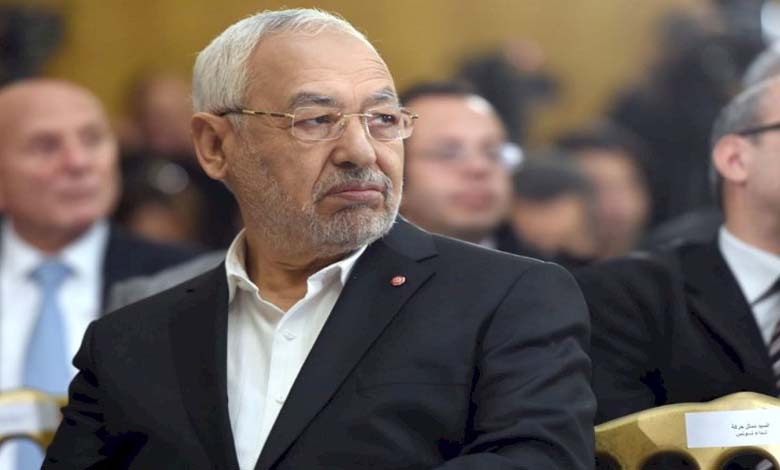Will the Tunisian-Syrian rapprochement boost investigations into the terrorism travel file?

The Tunisian-Syrian rapprochement is paving the way for a strong push in investigations into the file of sending jihadists to conflict zones, a matter that Tunisia seeks to resolve.
The issue of “sending Tunisians to conflict zones” has resurfaced with the appearance of Rached Ghannouchi, the leader of the Ennahdha Islamist movement, and his deputy Ali Larayedh before Tunisia’s counter-terrorism court.
Former parliament member for the Nidaa Tounes party, Fatma Mseddi, filed a complaint with the military court in December 2021 regarding “networks involved in sending individuals to conflict zones,” which was referred to the judicial counter-terrorism pole because it includes civilians and military personnel.
The Tunisian ambassador to Damascus, Mohamed al-Mahdhubi, revealed that his country’s authorities are cooperating with their Syrian counterparts to dismantle a complex file related to Tunisian jihadists in Syria. This file is expected to be a focal point for both the Syrian and Tunisian governments after the resumption of diplomatic relations.
After the July 25 revolution, Tunisian authorities reactivated this file, which had been shelved during the previous regime. They had kept it under tight wraps, freezing any legal or human rights movement, despite opposition calls in the previous parliament, which President Kais Saied dissolved as part of exceptional measures.
Syrian political analyst Salman Shibe stated that there is a Tunisian challenge regarding the repatriation of these individuals, and in Syria, there is a shared commitment to addressing this challenge. The terrorism challenge is not limited to Tunisia but extends to Africa, the Sahel region, and the Arab world.
Shibe added that this challenge requires coordinated efforts to confront it, so there is Syrian-Tunisian coordination aimed at solving the mystery of this issue.












